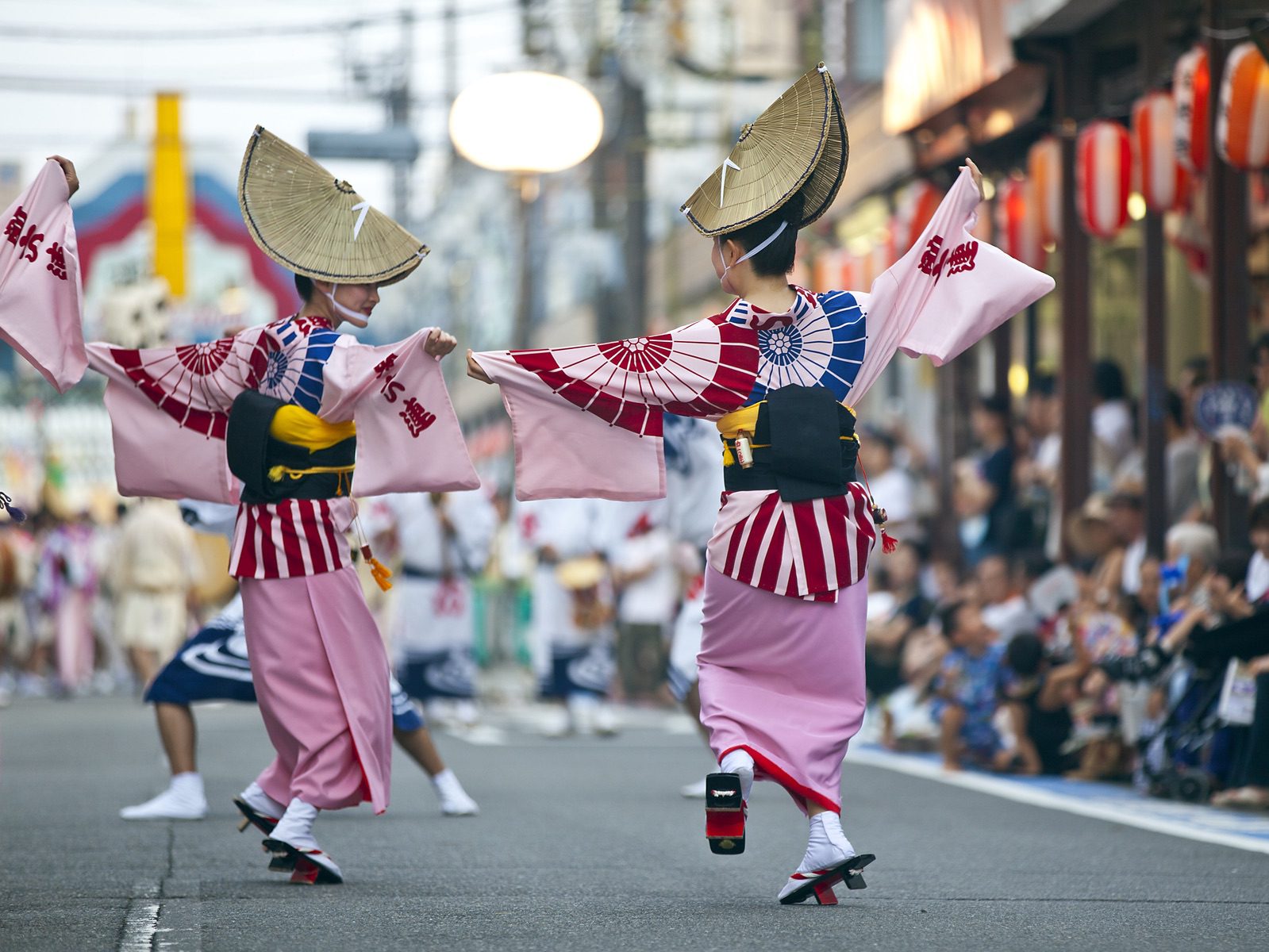Japan boasts a fascinating and unique cultural heritage that sets it apart from the rest of the world. Visitors to this country can immerse themselves in traditional customs and activities that cannot be found anywhere else. From staying in a traditional ryokan inn and partaking in a tea ceremony to learning about samurai culture and exploring tranquil Japanese gardens, there are countless opportunities for cultural experiences in Japan. Additionally, visitors can witness sumo wrestling firsthand, attend vibrant matsuri festivals, soak in healing onsen hot springs, try traditional Japanese cuisine, wear a kimono, and experience the latest in cutting-edge technology. Japan truly offers something for everyone.
10 Cultural Experiences You Can Only Have in Japan
Japan is a unique and fascinating country with a rich cultural heritage that dates back centuries. From traditional tea ceremonies to futuristic technology, Japan offers visitors a chance to experience something truly unique. In this article, we will explore ten cultural experiences that you can only have in Japan.
1. Stay at a traditional ryokan
A ryokan is a traditional Japanese inn that offers visitors a chance to experience authentic Japanese accommodations and hospitality. These inns typically feature tatami mat floors, futon bedding, and communal hot spring baths.
During your stay, you can enjoy Japanese cuisine, which is known for its delicate flavors and artistic presentation. Ryokans are found in many parts of Japan and offer a glimpse into the country’s past while providing a comfortable and relaxing experience.
2. Experience a tea ceremony
The tea ceremony, or chanoyu, is a quintessential Japanese cultural experience that dates back to the 16th century. It is a highly choreographed and ritualistic event that centers around the preparation and serving of matcha, a powdered green tea.
The ceremony highlights the importance of hospitality, respect, and harmony in Japanese culture. Visitors can take part in a tea ceremony at many different locations, including traditional tea rooms, temples, and museums.
3. Visit a sumo stable
Sumo wrestling is Japan’s national sport and has a fascinating history that spans centuries. Visitors can get a glimpse into this world by visiting a sumo stable, or heya, where wrestlers train and live.
Visitors can watch the wrestlers’ morning training sessions and learn about their daily routines and traditions. Some stables even allow visitors to participate in the training, giving them an unforgettable and unique experience.
4. Attend a matsuri festival
Matsuri festivals are a highlight of Japanese culture, and each region has its own unique celebrations. These festivals typically feature parades, traditional music and dance, and vibrant displays of fireworks.
Some of the most famous matsuri festivals in Japan include the Gion Matsuri in Kyoto, the Kanda Matsuri in Tokyo, and the Tenjin Matsuri in Osaka. Attending one of these festivals is an excellent way to experience Japan’s vibrant and colorful culture.
5. Visit a onsen hot spring
Onsen hot springs are a popular attraction in Japan and are known for their healing properties. These natural hot springs are located throughout the country and are often found in rural or mountainous areas.
Visitors can soak in the hot mineral water while surrounded by stunning natural scenery. Many onsen also offer traditional Japanese meals and accommodations, making it a popular destination for a relaxing getaway.
6. Learn about samurai culture
The samurai were a feudal class of warriors that played a significant role in Japan’s history. Visitors can learn about their culture and traditions by visiting museums, castles, and historical sites throughout the country.
Some of the most popular samurai-related attractions include the Samurai Museum in Tokyo, the Himeji Castle in Hyogo, and the Nagoya Castle in Aichi. These sites provide a unique look into Japan’s fascinating and complex history.
7. Explore a traditional garden
Japanese gardens are known for their tranquil beauty and use of natural materials. These gardens feature carefully placed rocks, water features, and meticulously manicured plants that create a serene and peaceful environment.
Some of the most famous Japanese gardens include the Kairakuen Garden in Mito, the Korakuen Garden in Okayama, and the Kenrokuen Garden in Kanazawa. Visiting one of these gardens is an excellent way to experience Japan’s appreciation for nature and beauty.
8. Try traditional Japanese cuisine
Japanese cuisine is known for its delicate flavors, fresh ingredients, and artistic presentations. Visitors can experience traditional Japanese cooking by trying dishes like sushi, tempura, ramen, and soba.
Some of the most famous Japanese culinary destinations include the Tsukiji Fish Market in Tokyo, the Pontocho Alley in Kyoto, and the Ramen Street in Osaka. Trying these iconic dishes is an essential part of any trip to Japan.
9. Wear a kimono
The kimono is a traditional Japanese garment that is often worn for special occasions such as weddings, festivals, and tea ceremonies. Visitors can experience wearing a kimono by renting one at a rental store or taking part in a kimono dressing experience.
Many popular tourist destinations feature kimono rental shops, including Kyoto, Tokyo, and Osaka. Wearing a kimono is an excellent way to experience Japan’s traditional clothing and culture.
10. Experience cutting-edge technology
Japan is known for its advancements in technology, and visitors can experience the latest innovations by visiting cutting-edge attractions like the National Museum of Emerging Science and Innovation in Tokyo or the Miraikan National Museum of Emerging Science and Innovation.
Visitors can also try out the latest gadgets and electronics by visiting large electronic stores such as Yodobashi Camera or Bic Camera. Experiencing Japan’s technology is an excellent way to see how the country is constantly pushing the boundaries of innovation.
In conclusion, Japan offers visitors a chance to experience a rich and diverse cultural heritage that is unlike anywhere else in the world. From traditional ryokans and tea ceremonies to sumo stables and cutting-edge technology, Japan provides a unique and unforgettable travel experience that should be on every traveler’s bucket list.
